The Reiki Centre Survey is Published!
By Elaine Grundy
Following up on my February 2010 Reiki Digest article, I am delighted to announce the Reiki Centre Survey is finally published! For those of you who heeded the call and joined the 546 other respondents who completed the survey, a heartfelt thanks. The results may not be particularly surprising to anyone who has practiced Reiki for a while, but as a Reiki veteran myself, I was still stunned and humbled by most incredible results which poured in from you all.
87% of people noticed more peace after Reiki
80% noticed more happiness
80% experienced less stress
75% were less anxious or worried
73% were less angry
One of the key findings was that Reiki seems much more consistent in its benefits across the emotional/mental aspects of our well being (such as peace, happiness, less stress, less anger, less anxiety), and less robust in terms of physical or lifestyle changes. This is significant as it also points to a flaw in our current way of measuring Reiki’s effectiveness. As far as I am aware, most of the clinical studies look at Reiki’s effectiveness in the disease or pain management area. In the survey the results for these measures were correlated with the amount of Reiki applied, and were really only significantly successful if the respondents were doing Reiki on themselves on a daily basis. To illustrate this:
Physical Symptoms and Self-Reiki usage per week
Back pain problems:
Of those who practiced Reiki less than one hour, 43% noticed improvement
Of those who practiced over seven hours, 73% noticed improvement.
Headaches/migraines
Of those who practiced Reiki less than one hour, 52% noticed improvement.
Of those who practiced over seven hours,76% noticed improvement.
Colds/flu
Of those who practiced Reiki less than one hour,58% noticed improvement.
Of those who practiced over seven hours, 80% noticed improvement.
This brings me on to the second key finding; Reiki is cumulative, i.e. the more you do it, the better the results. Again this seems obvious, but how many of us get disillusioned if Reiki does not work within the first couple of tries, and how many of our clinical studies only look at Reiki’s efficacy over less than a dozen Reiki treatments? According to the survey results, those respondents doing self-Reiki every day, over many years, achieve the best results. In these cases, they achieve three times the benefits of someone doing Reiki for less than an hour a week. This was a very critical finding for me as I have always been a strong advocate of self-healing as opposed to relying on therapists, and this result confirms the importance of teaching someone how to do Reiki for themselves, rather than giving them Reiki treatment.
Overall the survey covers over 70 pages of results, case studies and further findings. I am currently gathering more data so that I can drill into the data more thoroughly, so if you haven’t already done the survey, please go to http://www.reikireport.com/ to add your experiences! There is also a more thorough summary on the website that you are free to disseminate and use.
Author and Reiki Master Elaine Grundy has been teaching Reiki internationally for over 15 years. She currently teaches at The Reiki Centre in Singapore.











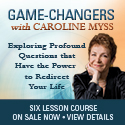
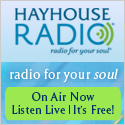





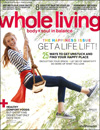

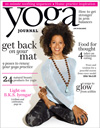
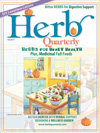
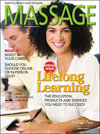
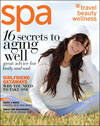
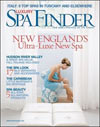
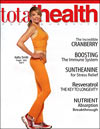






1 Comments:
The results of this survey are both heartening and not surprising to those of us who have been practicing for years. Kudos, Elaine, and thank you for your effort to bring Reiki practice mainstream!
As a Reiki master who has worked for nearly 2 decades integrating Reiki into conventional health care, however, I'd like to stress the importance of differentiating this survey from medical research. If you want to discuss this data with physicians, it's important to avoid using the word "prove" and to specify from the beginning that this is basically a consumer survey, not medical research. This distinction may seem like hair-splitting to Reiki practitioners, but it isn't to physicians, and you'll lose credibility if you don't put the data in the correct context.
Here are some tips for speaking about medical research on Reiki http://ht.ly/3Hb9x
Post a Comment
<< Home